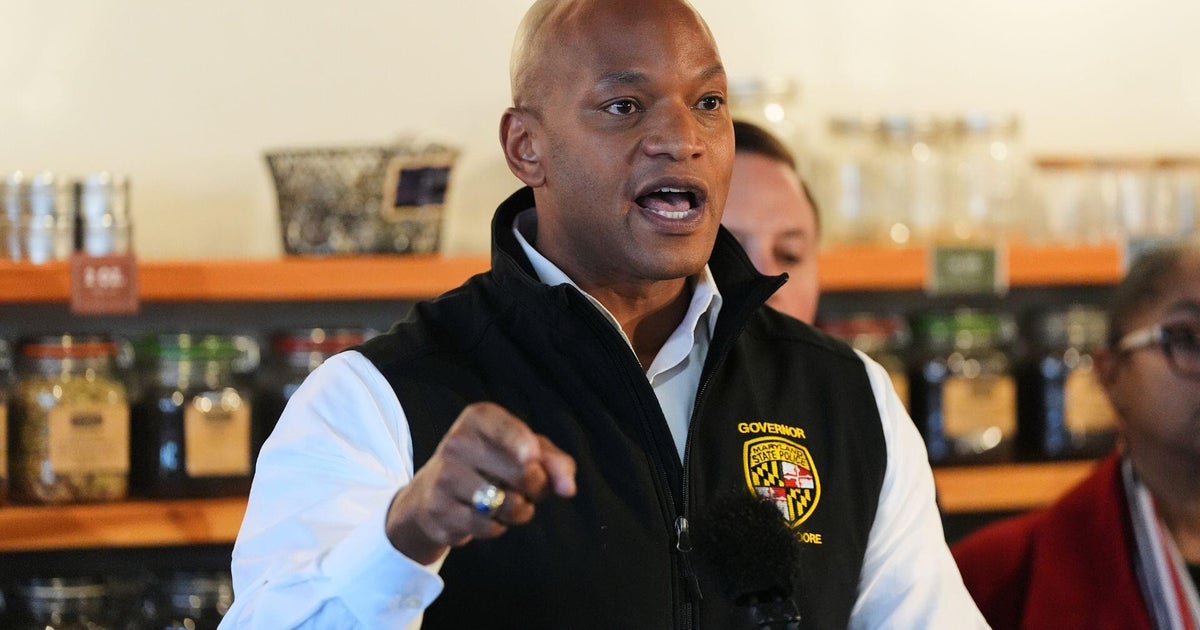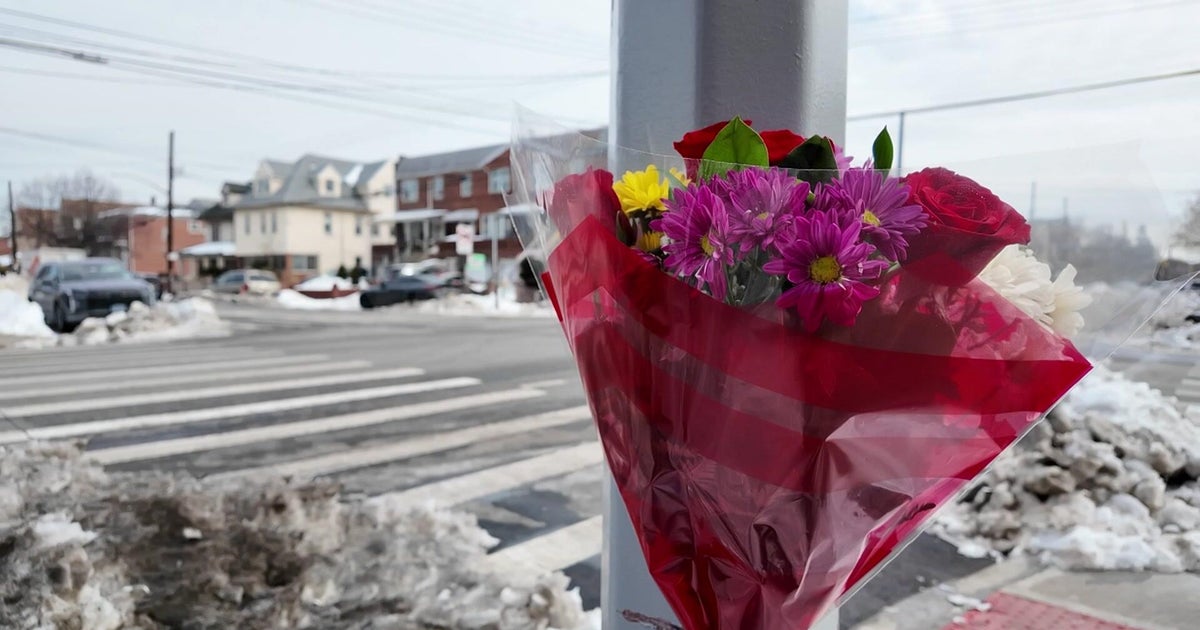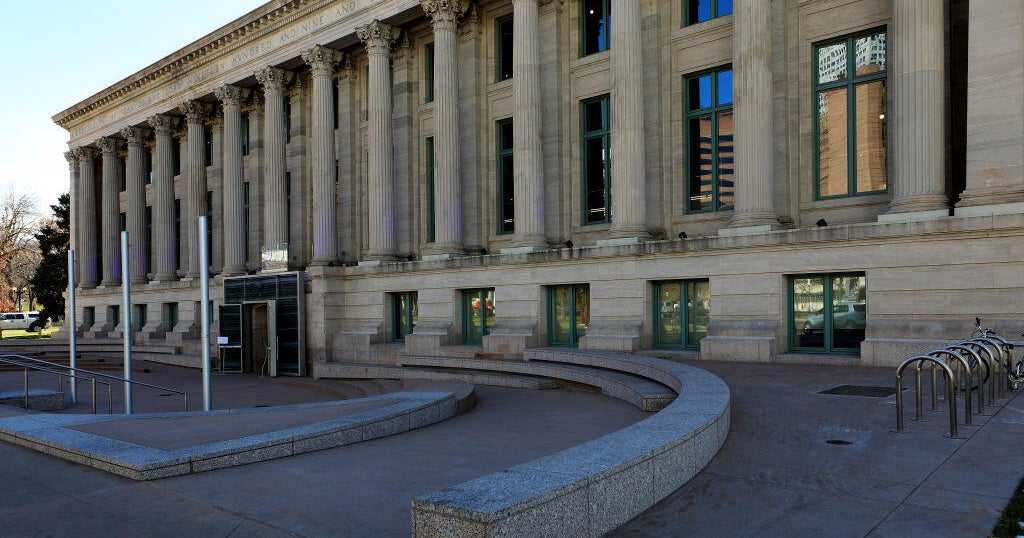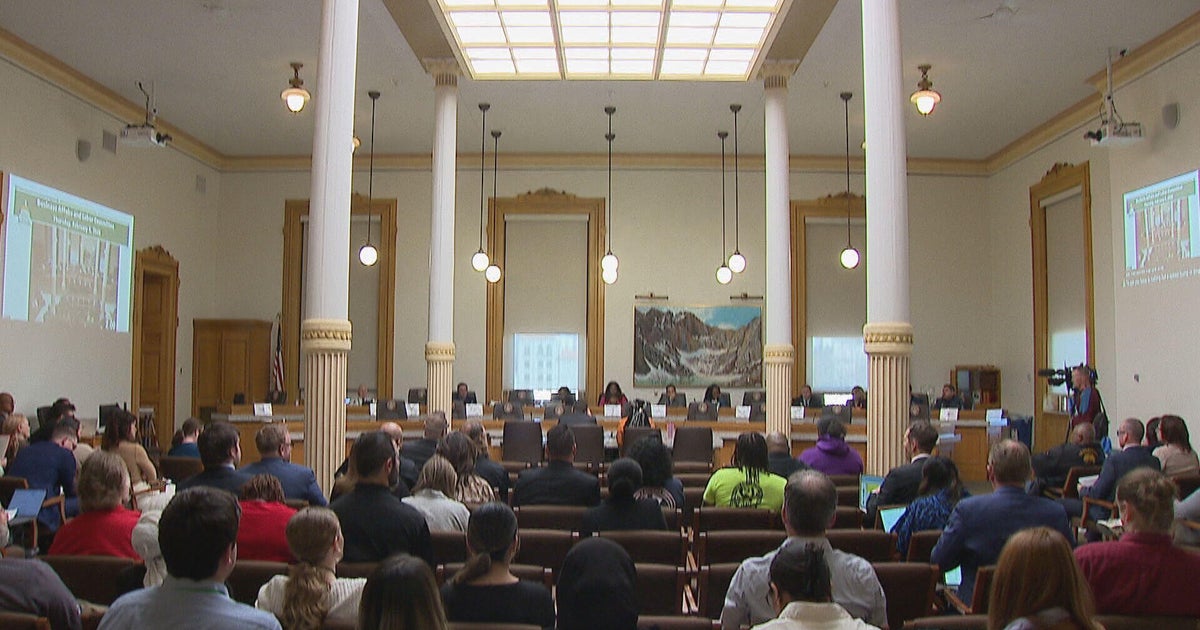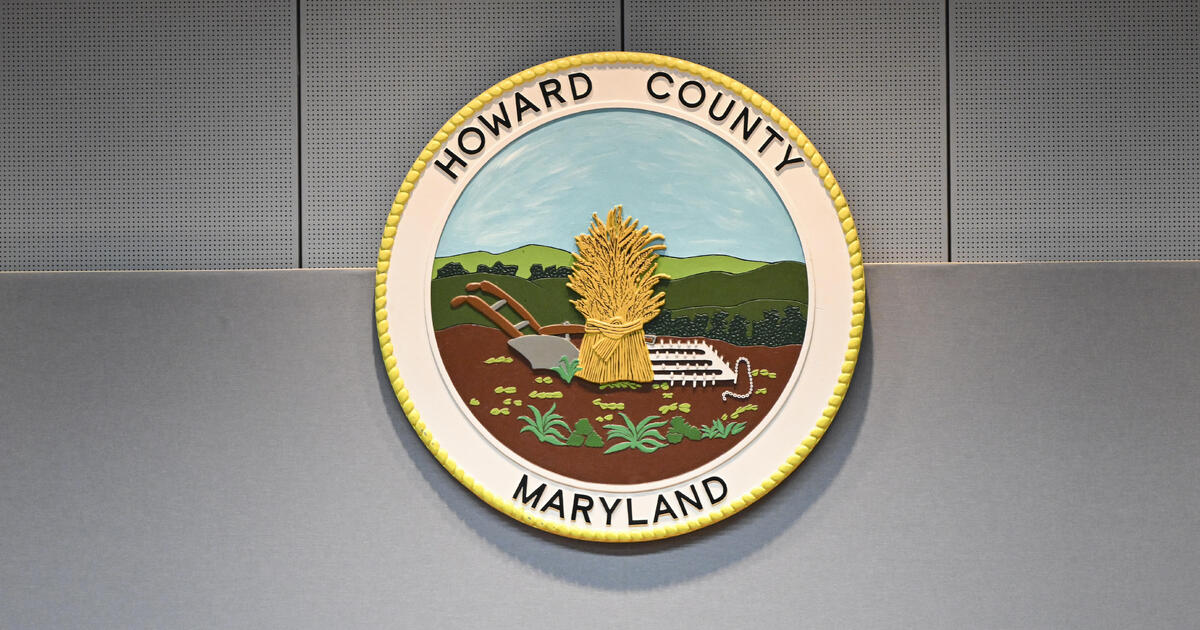Broad Resistance To Border Bill
WASHINGTON (AP) - The White House is meeting growing resistance from both the left and the right as it pushes a multibillion-dollar emergency spending bill for the border, raising questions about chances for any action in Congress to address the crisis of tens of thousands of unaccompanied children crossing into South Texas.
Democratic opposition is hardening to changing a 2008 anti-trafficking law to allow Central American children to be sent home more quickly, even as Republicans demand such changes as their price for supporting any part of President Barack Obama's $3.7 billion spending request.
"You wanted someone to stand up and say, 'Hey let's talk about reality here, there's nowhere to get this money out of the House of Representatives unless you adjust the law,'" Sen. Mark Kirk, R-Ill., said late Wednesday after an Obama administration Senate briefing that appeared to change few minds.
In the briefing, Homeland Security Secretary Jeh Johnson reiterated support for changing the 2008 law to treat Central American children the same as Mexican youths, who can be turned around at the border without the immigration hearing guaranteed to those from Central America.
Yet Johnson's statement didn't go far enough for Republicans, even as Democrats expressed alarm at such a change. "I'm really opposed to changing that 2008 law," Sen. Tom Harkin, D-Iowa, said as he left the meeting. "I think most of us would not agree with that."
Separately, members of the Congressional Hispanic Caucus left a meeting with Obama on Wednesday unsure of his position on the legal change. "It was a good meeting, but ... a definitive statement on the status of changing the law? No," said Rep. Raul Grijalva, D-Ariz.
The White House ambiguity left options open for Congress to come up with the solution, but whether lawmakers would rise to the challenge remained to be seen.
A House Republican working group that wants to send in the National Guard and speed the kids back home was supposed to formally release its recommendations by Wednesday, but that didn't happen. Lawmakers and aides said the proposals were still in the works, with plans to merge them with a pared-back spending bill. It was unclear whether such legislation could pass the House.
Defections from both sides were certain, with some Republicans reluctant to give Obama any money, and with Democrats opposed to policy changes that would return the young people faster. And any bill approved by the GOP-led House might have trouble in the Democratic-controlled Senate, even as time draws short for any action in the few weeks remaining before Congress' annual recess.
Meanwhile the politics around the issue appeared set to get even tougher as a spokeswoman for tea party favorite Sen. Ted Cruz, R-Texas, announced he would use any legislation to try to repeal a 2-year-old Obama directive that allowed certain immigrants brought here illegally as youths to stay and work in the U.S.
Republicans contend that policy is partly responsible for the current crisis by creating the perception that youths can stay in this country, even though no one arriving now would be eligible. The administration largely disputes that notion.
Still, lawmakers of both parties expressed the desire to act amid signs that the public was demanding a solution. One in six people now calls immigration the most pressing problem facing the U.S., according to a new Gallup poll — up dramatically just since last month, when only 5 percent said immigration topped their list of concerns.
In that time the crisis of unaccompanied youths at the border has burst into headlines, with the bulk of more than 57,000 young people streaming up from Guatemala, Honduras and El Salvador since the fall, often fleeing brutal gang violence.
"It's a terrible situation. You talk about small kids, nobody there to help them, but they've got to go back," said Sen. Lindsey Graham, R-S.C., a supporter of stalled congressional efforts to overhaul the nation's immigration system. "I am out there on immigration reform, but there is no market for this in America. ... America is not going to tolerate this."
The dynamics around the issue appear to be shifting quickly. Last week a deal briefly appeared possible that would have coupled legal changes returning the youths home more quickly with Obama's spending request. But since then, leading Democrats who initially had sounded open to the proposal have changed course amid a fierce lobbying campaign by immigrant advocates, who say the speedy Border Patrol process used for youths from Mexico — which Republicans and the Obama administration would extend to Central Americans — would send children back to vicious gang violence and worse.
On Wednesday, House Democratic leader Nancy Pelosi, who said last week that such changes would not be a deal-breaker, announced her opposition to them.
(© Copyright 2014 The Associated Press. All Rights Reserved. This material may not be published, broadcast, rewritten or redistributed.)
Latest News:
Top Trending:
PHOTOS: Your Pet Pictures
